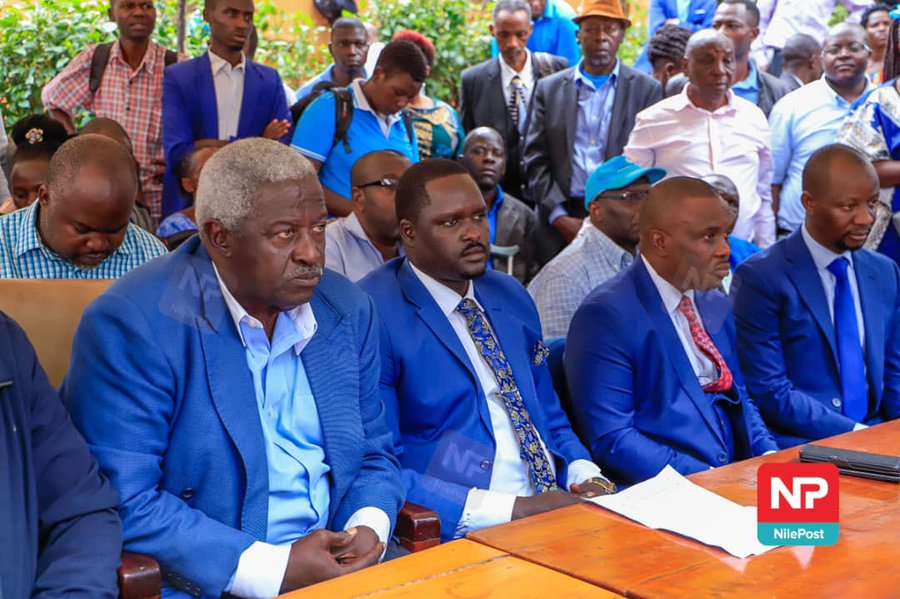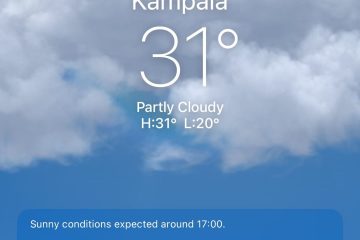Opposition Faces Internal Struggles Ahead of 2026 Elections

Political analysts and scholars in Uganda have raised concerns about the state of opposition political parties, warning that infighting and internal divisions could weaken their position in the 2026 elections. While some argue that this might pave the way for an easy victory for the ruling National Resistance Movement (NRM), others maintain that the desire for change within the population remains strong.
The run-up to the 2026 elections has been marred by internal conflicts within opposition parties. Splits and factionalism have emerged in major parties such as the Forum for Democratic Change (FDC), Uganda People’s Congress (UPC), and Democratic Party (DP). Additionally, many parties are grappling with legal challenges, which further compound the internal strife.
This fractious landscape raises questions about the upcoming electoral process. Some political scholars believe that the opposition’s disarray could hand the NRM a significant advantage in the elections.
However, not everyone agrees with this perspective. Some analysts and politicians argue that the desire for political change remains as potent as ever among Ugandans. They contend that the NRM will not have an easy victory in 2026, despite the opposition’s challenges.
Professor Gerald Karyeija, a political scholar, and Dr. John Paul Kasujja, a historian, suggest that the current political climate may lead to several party crossovers, with politicians defecting from various opposition parties to join the NRM or run as independent candidates.
Efforts to forge opposition party coalitions and field unified candidates, especially for parliamentary seats, have faced significant hurdles due to the existing factionalism. This unity, which many believe is essential to challenge the NRM’s dominance, remains elusive.









